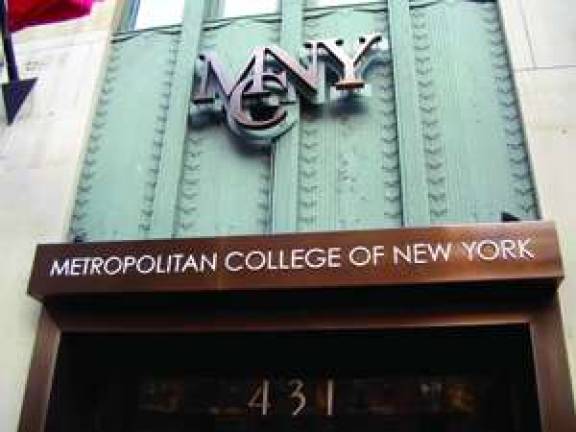How to Get a New Career in Emergency Management

By Laura Shin One year after Hurricane Irene paved a destructive trail through the Caribbean and up the Eastern Seaboard, the storm is no longer a top headline or major concern for millions of Americans. For individuals in the field of emergency management, however, there is still work to be done and countless lessons to be learned. "That's the job of emergency managers-to learn from past experiences, to organize and write cogent plans," said Chuck Frank, deputy director of the master of public administration in emergency and disaster management program at the Metropolitan College of New York (MCNY) in Lower Manhattan. In the wake of the Sept. 11 attacks, some colleges began offering programs in emergency management, preparing students to handle response, recovery, mitigation and planning in a wide range of emergency situations, from natural disasters to terrorist attacks. MCNY's emergency and disaster management program enrolled its first students in 2004. Today, there are more than 250 emergency management higher education programs in the country, according to the Emergency Management Institute (EMI) of the Federal Emergency Management Agency. Emergency management can cover many different areas, including public administration, environmental sciences, social sciences, public health and engineering, according to the EMI. There are still a limited number of programs related to the field in New York City. MCNY is the only school in Manhattan that offers a degree in emergency management. John Jay College offers a master of science degree in protection management, which focuses on "theory, design, management and operation of fire and security protection and emergency management systems," according to the school's website. The program at MCNY leads to a master of public administration degree. It is a 16-month, 45-credit program split over four semesters. "It started out as a visionary major with just a few students, but now at any given time, we have about 70 to a 100 students going through the program," Frank said. There is a mix of students, but most are working adults, Frank said. The school offers classes on Friday evenings and Saturdays to accommodate these students. "We work predominantly with people who are in a career who either want to change or take what their experience has been so far and morph it into a whole new area that has a vast new horizon of opportunities," Frank said. While some recent graduates have found jobs with government agencies, such as the city's Office of Emergency Management, private companies and nonprofit organizations also seek emergency managers. Though there is a demand for workers in the field, Frank notes the job market can still be challenging. "There's no denying that we're in a rough economy," he said. "What we're seeing is that if they go through the program and they take advantage of the ancillary opportunities such as doing an internship and adding at least a half of a dozen certifications to supplement their degrees, these are the things that are a winning track for people looking for jobs." Frank said that because the field is a new frontier with many different aspects, it's a great opportunity for anyone to transition into the field. He gave the example of one incoming student who is an 80-year-old woman. "When a disaster hits, the most vulnerable people are often the elderly or the very young," Frank said. "I think this woman wants this training so she can find some way to help."